1st Home Advantage Down Payment First-Time Homebuyer Assistance Programs
Unlocking Homeownership: Inside North Carolina’s 1st Home Advantage Down Payment Program
Dreaming of turning the key to your first home but worried about that steep upfront cash? North Carolina’s 1st Home Advantage Down Payment program may be the missing puzzle piece. Within minutes you’ll learn how this deferred, 0 % interest loan can shrink your out-of-pocket costs, speed up your closing date, and launch you into homeownership sooner than you imagined. Ready to see if you qualify? Let’s dive in.
What Is the 1st Home Advantage Down Payment Program?
The 1st Home Advantage Down Payment assistance is a statewide initiative administered by the North Carolina Housing Finance Agency (NCHFA). Instead of a grant, buyers receive up to $15,000 as a second mortgage—but with rare perks:
- 0 % interest: Your balance never grows.
- Deferred payments: Pay nothing monthly; repayment is due only if you sell, refinance, or stop occupying the property within 15 years.
- Automatic forgiveness: After year 15, the loan balance is erased.
In plain English, North Carolina fronts part of your down payment so you can buy sooner, then quietly waits in the background while you build equity. Few first-time buyer initiatives nationwide offer such a forgiving structure.
How Does the 1st Home Advantage Down Payment Program Work?
You’ll close on your new home with two loans:
- Your primary mortgage (FHA, VA, USDA, or conventional).
- The 1st Home Advantage Down Payment loan recorded as a silent second.
The second mortgage can contribute up to 3% of the purchase price (max $15,000). Picture it like a trusted relative quietly covering part of the down payment while asking for nothing in return—unless you move before the countdown clock hits 15 years. Sell at year seven? You’ll simply repay the still-outstanding amount at closing. Keep the home beyond year 15 and the assistance dissolves, no paperwork needed.
From a lender’s viewpoint, the deferred 0 % loan rarely jeopardizes underwriting, which means approvals can be as swift as traditional mortgages.
Who Is Eligible for North Carolina’s Down Payment Assistance?
The program focuses on fresh entrants to the market but casts a surprisingly wide net. Use this checklist to size up your chances:
- First-time buyer status: No ownership interest in a primary residence during the past three years.
- Purchase location: Any North Carolina county, urban or rural.
- Income limits: Roughly $134,000 statewide (varies by household size and county caps).
- Credit score: Minimum 640 for most loans; 660 for conventional.
- Home price cap: Up to $480,000 in most counties for 2024.
- Homebuyer education: A HUD-approved course and a one-on-one session with a participating lender or housing counselor.
Pro tip: Even if you owned a home years ago, you’re considered “new” again after the three-year gap—an often-overlooked loophole professionals call a “reset button.”
Applying Step-by-Step
- Choose a participating lender. Not every bank partners with NCHFA, so verify first.
- Complete homebuyer education. Many finish the eight-hour course online in a weekend.
- Get pre-approved. The lender submits your file to NCHFA for a quick compliance review.
- Find a home & sign a contract. Ensure the purchase price fits program limits.
- Close. The second mortgage documents are signed alongside your first.
Required Documents
- Recent pay stubs and two years’ W-2s or tax returns
- Bank statements showing earnest money
- Government-issued ID and Social Security card
- Certificate of homebuyer education completion
Typical Timeline
With a responsive lender, buyers often reach the closing table in 30-40 days—on par with standard mortgage timelines. The NCHFA’s digital portal trims paperwork bottlenecks.
Real Numbers: How Much Could You Save?
Meet Maya, a 29-year-old nurse in Durham. She spotted a $310,000 townhome but had only $7,000 in savings. Under normal FHA guidelines she’d need around $10,850 (3.5 % down) plus closing costs—out of reach.
By layering the 1st Home Advantage Down Payment loan:
- Program covers $9,300 (3% of purchase price).
- Maya contributes just $1,550 for the remainder of the down payment.
- Her seller agrees to pay $4,000 of closing costs.
Net result? Maya closes with roughly $4,600, keeps her emergency fund intact, and begins building equity a full year earlier than her original savings plan allowed. Multiply that by the state’s 5.4 % average annual home appreciation (NAR, 2023) and you’ll see why speed matters.
Do You Have to Repay the 0 % Loan?
No monthly payments are due, but the balance lingers as a second lien. Repayment is triggered if you:
- Sell the home.
- Refinance the primary mortgage.
- Convert the property to a rental or vacation home.
If you remain in the home 15 years, the lien is released automatically. Stay 11 years then refinance? Only the outstanding amount is repaid—roughly 33 % is already forgiven by that point thanks to the program’s gradual forgiveness schedule.
Pros and Cons at a Glance
| Advantages | Considerations |
|---|---|
| 0 % interest, no monthly cost | Creates a second lien on title until forgiven |
| Up to $15,000 assistance | Income & price caps apply |
| Forgivable after 15 years | Must be owner-occupied |
| Works with FHA, VA, USDA & conv. | Homebuyer education required |
Expert Tips to Strengthen Your Application
- Pad reserves. Underwriters love to see 1–2 months of mortgage payments left in the bank.
- Fix small credit dings. A 680 score often unlocks better pricing than the bare-minimum 640.
- Compare lenders’ origination fees. Some waive their admin charge for NCHFA loans.
- Request an appraisal gap clause. Hot markets sometimes outpace appraisals; a clause ensures you’re not forced to cough up extra cash.
- Layer other incentives. NC cities such as Charlotte and Asheville offer local grants that can piggyback on the state program—doubling your leverage.
Frequently Asked Questions
What credit score is needed for NC first-time homebuyers?
Most NCHFA lenders require a 640 middle score. Conventional loans under the program jump to 660. A quick rapid-rescore can sometimes add the final points you need.
Can I use the assistance with FHA, VA, or USDA loans?
Yes. The 1st Home Advantage Down Payment pairs seamlessly with all three, plus NC Home Advantage conventional mortgages. Your lender will run the combo through Automated Underwriting.
Is there a purchase price limit?
For 2024 the ceiling sits at $480,000 statewide, but certain high-cost counties push slightly higher. Check NCHFA’s county charts before house-hunting.
Can I pair it with local grants like Charlotte’s HouseCharlotte?
Generally yes, as long as combined assistance doesn’t exceed your down payment + closing costs. Stacking programs may alter lien positions, so involve all parties early.
Ready to Make North Carolina Home?
If the 1st Home Advantage Down Payment sounds like your launchpad to ownership, reach out today. Our team of North Carolina-licensed mortgage pros will pre-qualify you in 15 minutes, map out your buying budget, and connect you to realtors who know how to win offers in a tight market. Don’t let another year of rising rents erode your savings—plant roots and watch your equity grow.
Curious what your payment might look like? Click the chat icon below for an instant scenario.
Proposed URL slug: /north-carolina-1st-home-advantage-down-payment-guide
Explore More Blog Posts
Checkout more similar posts those will help you to choose better property.

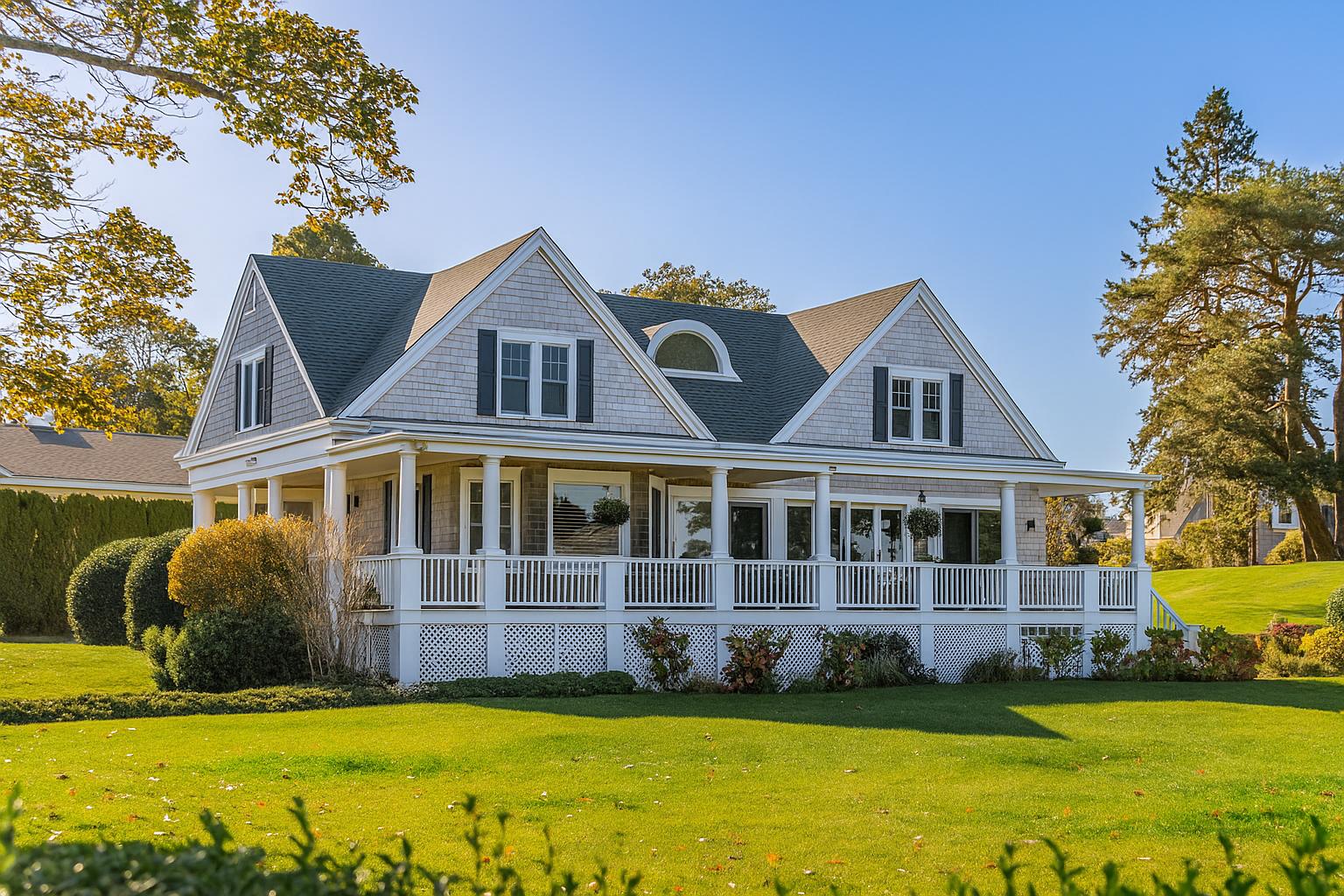
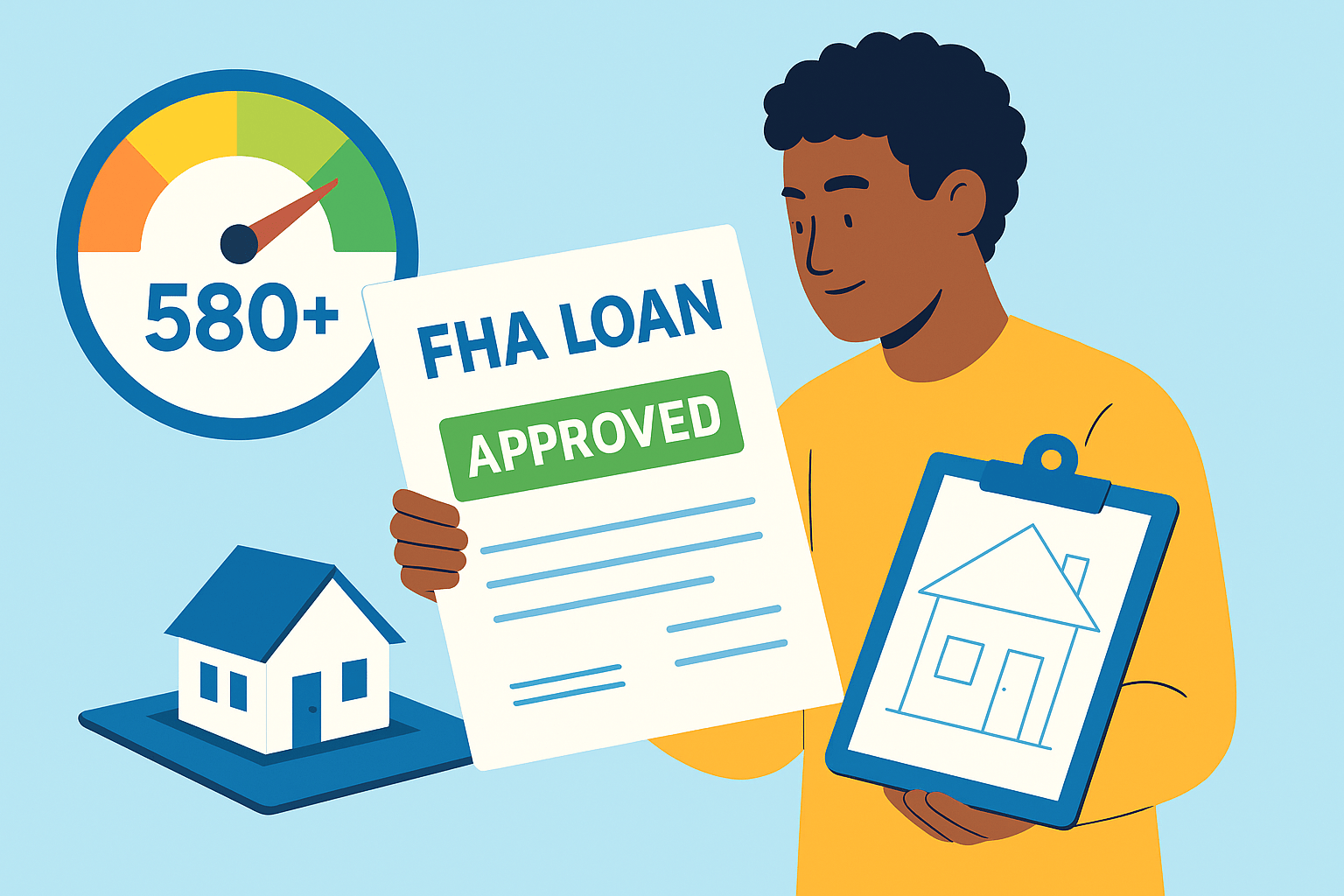
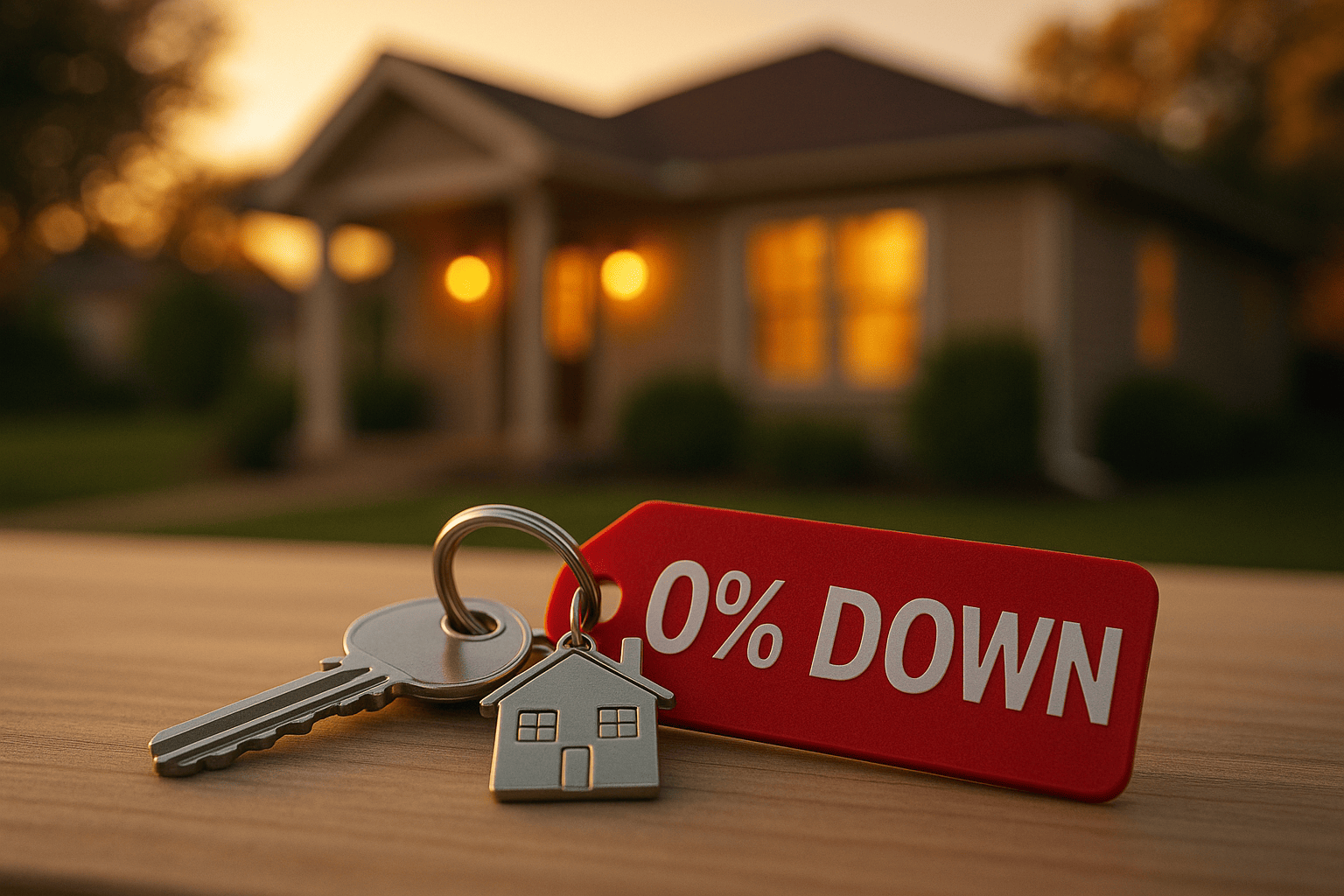

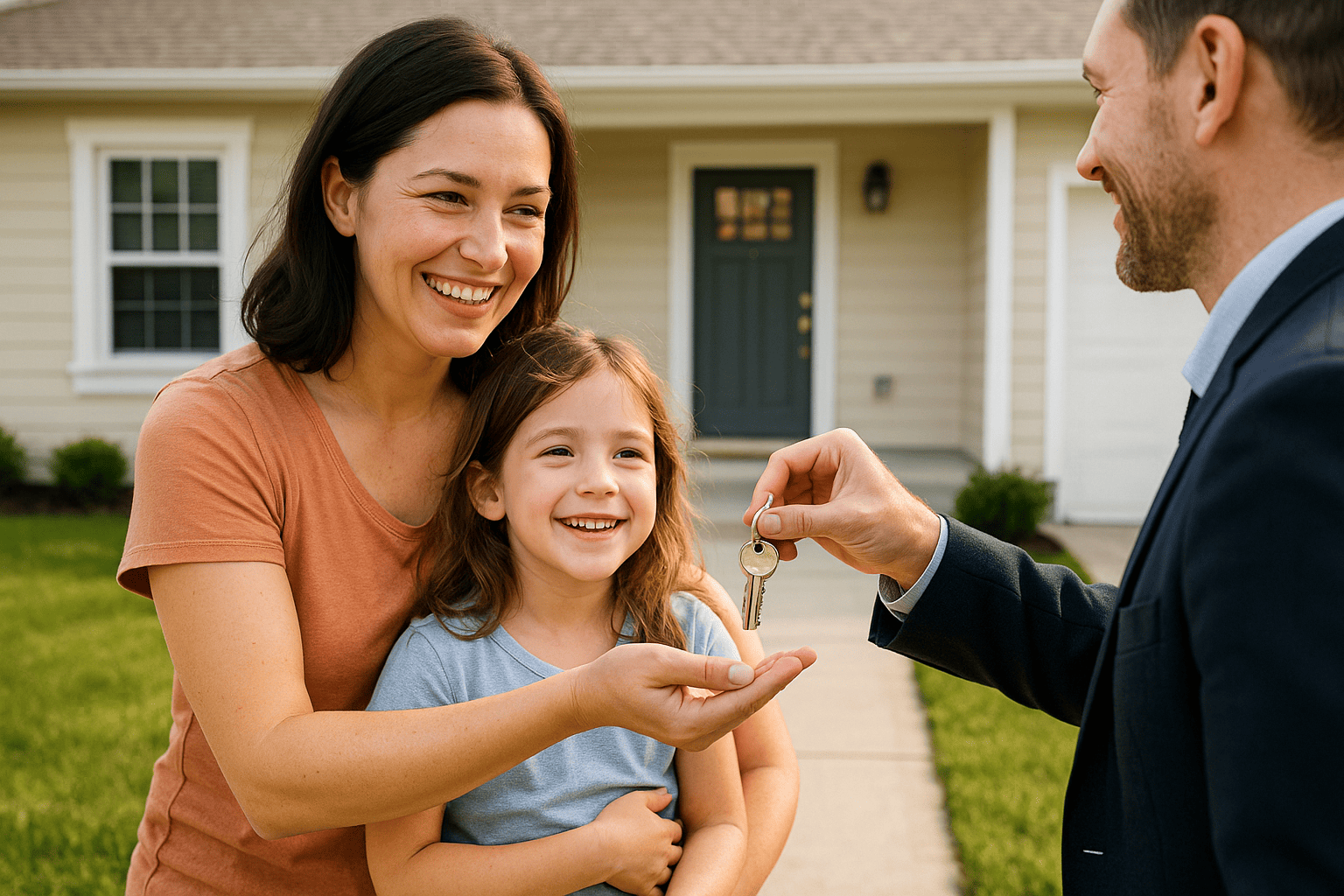


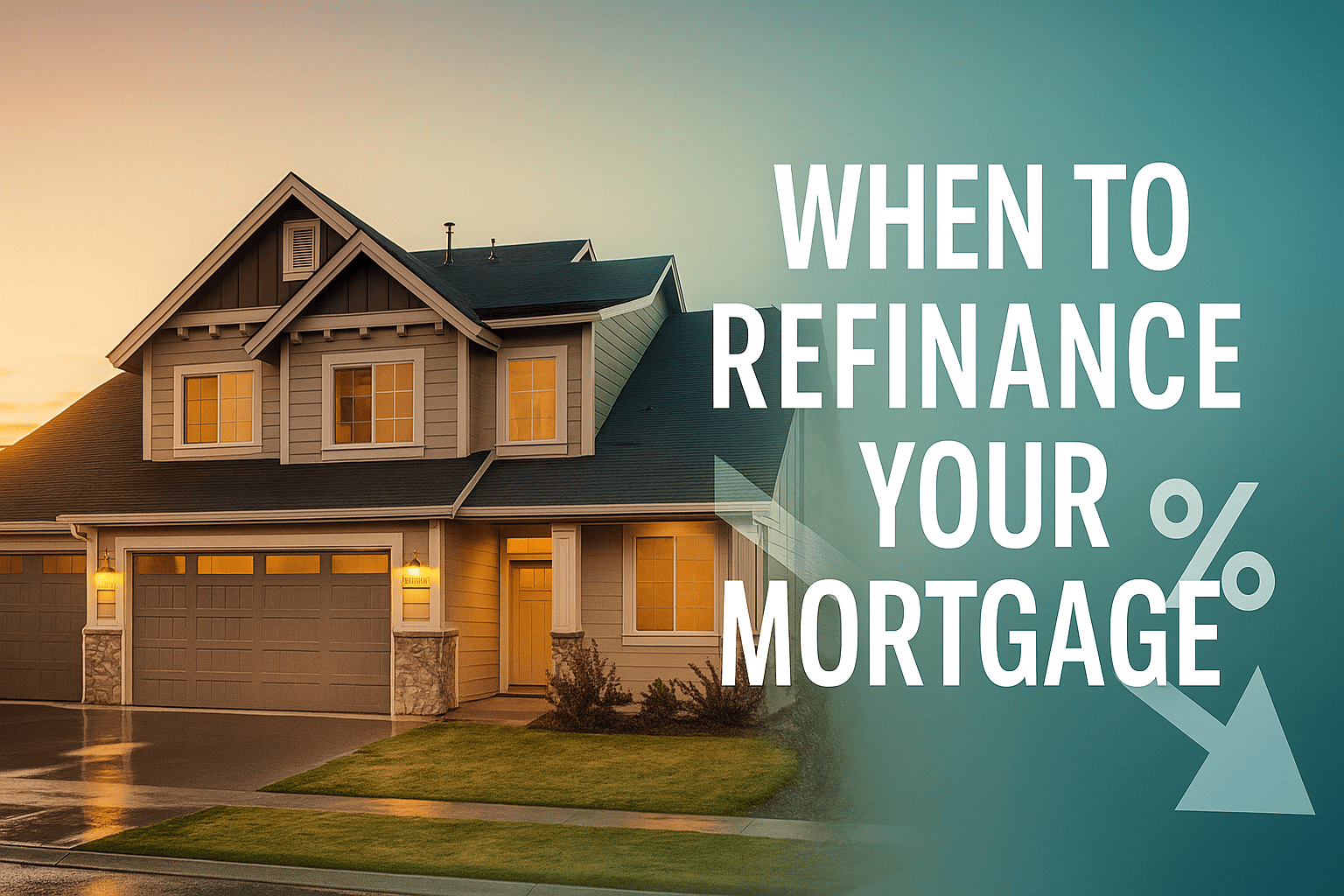
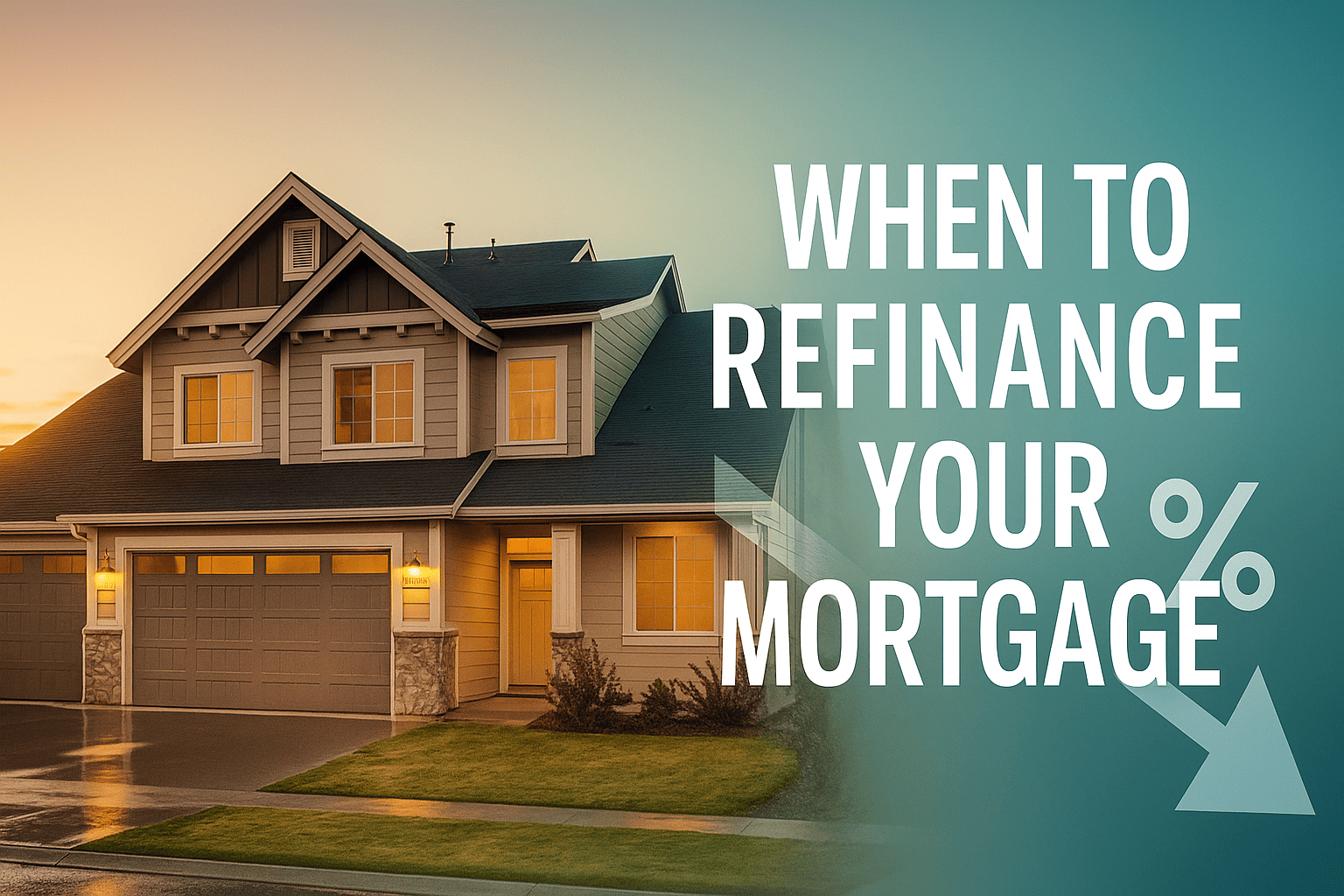


 Profile
Profile Password
Password Saved Properties
Saved Properties Sign Out
Sign Out
 +0.01
+0.01
 -0.15
-0.15

